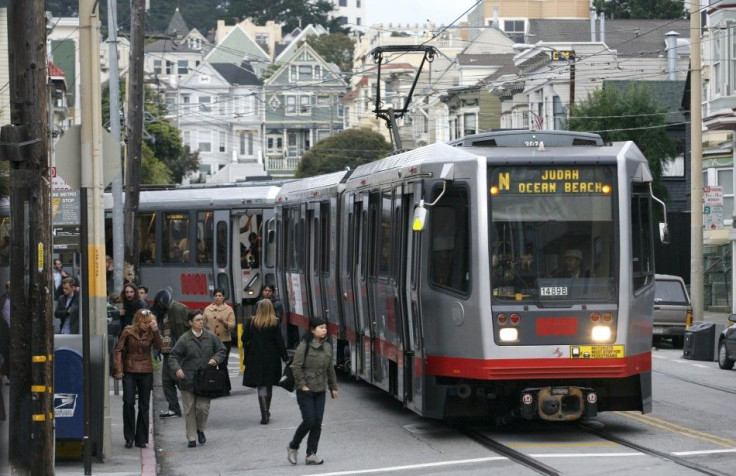Many U.S. Mass Transit Systems Struggling to Cover Costs

Many U.S. public transportation systems are struggling to cover costs, with more than a third projecting shortfalls for their upcoming budget years, the American Public Transit Association said Wednesday.
With states, cities and counties struggling to recover from the 2007-09 economic recession that devastated their revenues, they have slashed aid for local bus and rail systems. The group found that a third of public transit agencies received less funding from their local governments this year and 40 percent had fewer dollars come in from the states.
Revenues from fares have increased for nearly half the U.S. public transportation systems, the survey found, and since January 2010, 34 percent of the transit agencies have hiked the amount they charge riders and 32 percent may soon raise fares.
At the same time, since January 2010, 47 percent of systems have cut services, including reducing rush hour services and limiting locations they serve.
Capital Improvements Delayed
"Many agencies have also had to defer or delay planned capital projects, including returning existing facilities to a state of good repair or replacing aging vehicles and facilities," according to the survey, which noted that rising gasoline prices could push more riders into the system.
"Agencies are currently experiencing instability in their funding sources during a time when they are expected to serve an increasing ridership," it said.
Public transit agencies and riders were unsettled last month when House of Representatives Transportation Committee Chairman John Mica unveiled a proposal to slash federal spending on transportation projects.
Mica has said he will block spending more than the federal government brings in from the gas tax and other related sources, a pool of money that has steadily declined in an era of fuel-efficient vehicles and increased public transit use.
(Reporting by Lisa Lambert; Editing by Dan Grebler.)
© Copyright Thomson Reuters {{Year}}. All rights reserved.





















